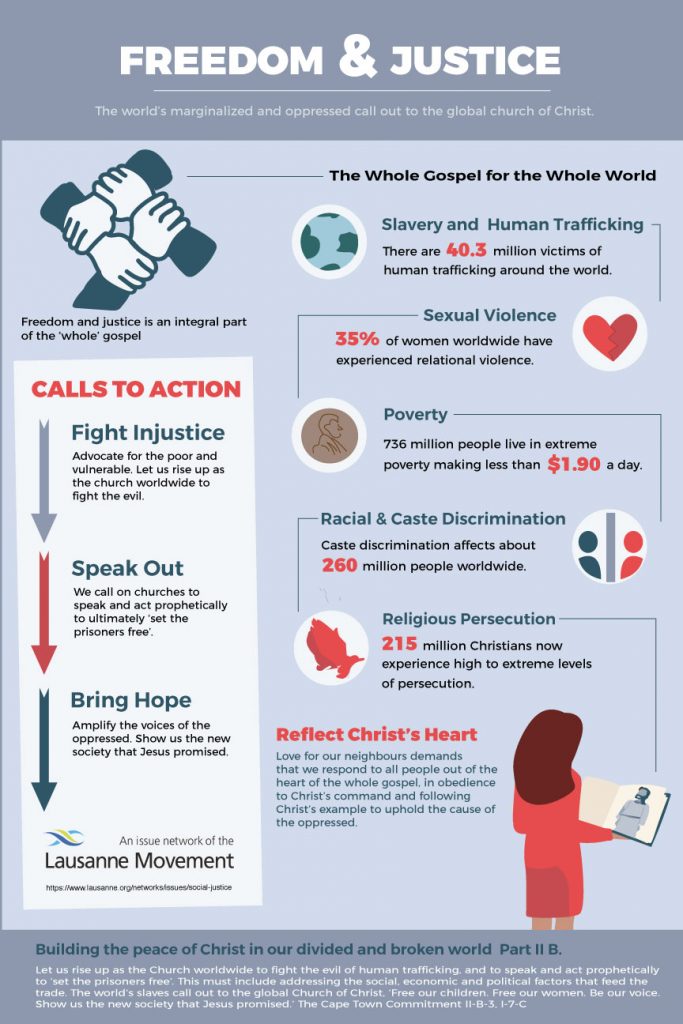Discover The Fascinating Development Of Catholic Schools And Their Extensive Influence On Education And Learning-- Could Their Practices Hold The Vital To Future Learning?
Discover The Fascinating Development Of Catholic Schools And Their Extensive Influence On Education And Learning-- Could Their Practices Hold The Vital To Future Learning?
Blog Article
Material Composed By-Ahmed Berthelsen
When you consider the history of education, Catholic institutions stand apart for their deep-rooted practices and enduring influence. These organizations began as a means to infuse confidence and values, yet they've adjusted extremely over centuries. Today, they play a critical role in shaping not simply academic success yet likewise moral integrity. What' relevant resource site is just how they've handled to grow in the middle of transforming cultural landscapes, raising questions concerning their future significance and influence.
The Origins of Catholic Education: A Historical Viewpoint
Catholic education and learning traces its origins back over 1,500 years, when early Christian areas recognized the requirement for structured discovering. You'll discover that these communities intended to hand down their confidence and worths via education.
Monasteries and basilica schools ended up being centers of knowing, supporting both spiritual and intellectual growth. As Best Catholic high schools In Traverse City dive much deeper, you'll see that the curriculum usually consisted of approach, faith, and the liberal arts, designed to develop versatile individuals.
Gradually, the Church established more official establishments, ensuring that education continued to be easily accessible to all. The commitment to training ethical values and cultivating a feeling of area has persisted with the centuries, forming the educational landscape and influencing many lives worldwide.
This enduring heritage continues to motivate Catholic education and learning today.
The Development of Catholic Schools Via Cultural Contexts
As cultures advanced, so did the function of Catholic colleges, adjusting to the social contexts in which they existed. In the early years, these institutions focused primarily on religious instruction, but as communities diversified, they began to include regional languages, personalizeds, and educational requirements.
You would certainly discover that Catholic schools frequently ended up being facilities for social cohesion, promoting a sense of belonging among students from various histories. In numerous areas, they dealt with social issues, such as poverty and discrimination, by offering easily accessible education and learning for all.
As you discover different cultures, you'll see exactly how Catholic colleges have changed their educational program and training approaches, showing the worths and difficulties of their environments while holding to their foundational goal of faith and scholastic quality.
The Modern Duty and Impact of Catholic Schools in Society
In today's globe, Catholic schools play an essential role fit not just the educational landscape, yet additionally the broader community.
You'll find that these institutions stress values like regard, empathy, and social justice, fostering all-round people that contribute positively to society. By focusing on academic quality and moral development, Catholic institutions prepare students for future difficulties, supporting important reasoning and leadership skills.
They commonly serve diverse populations, linking gaps in access to quality education. Furthermore, you could notice their commitment to service, motivating students to participate in area outreach and volunteer job.
This mix of education and moral support makes Catholic schools a significant pressure, cultivating accountable people that can affect their communities for the better.
Conclusion
In conclusion, Catholic colleges have an abundant background that's formed their long-lasting effect on society. You have actually seen exactly how they've adjusted to various cultural contexts while preserving a commitment to confidence, values, and scholastic quality. Today, they remain to play an essential duty in promoting neighborhood, promoting social justice, and nurturing accountable citizens. As you reflect on their heritage, it's clear that Catholic institutions remain an effective force for positive change worldwide.
